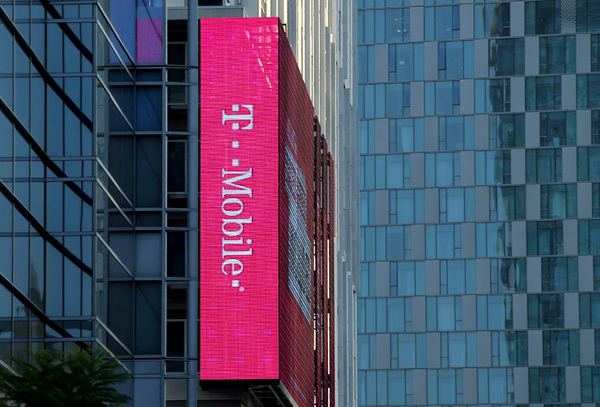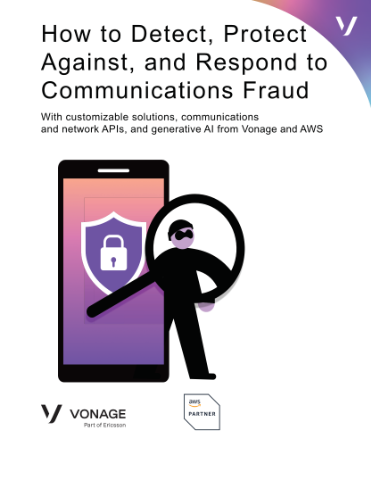Driving sustainable marketing with data

Gope Walker at Data Kraken explains how to do your bit for the planet with sustainable marketing
As the world continues to strive towards achieving net zero by 2050, as laid out in the Paris Agreement, and businesses are ever-more focused on their ESG goals, businesses need to refocus their efforts when marketing their products and services to ensure that they are environmentally sustainable and fit within their ESG framework.
Sustainability has become increasingly important to consumers, with 60 per cent of consumers rating it as one of the most important factors when considering purchasing a product or service. One-third of customers are willing to pay higher prices for goods and services deemed sustainable. Very soon, sustainability will be the expectation and not the exception should companies wish to continue attracting customers.
Marketing, by its nature, typically involves sending out masses of correspondence to existing and prospective customers. That could be in the form of letters or leaflets, text messages or emails, or even through a company website or social media.
Whatever the medium, the fact is that it all has an impact on the planet, whether it’s the trees that need to be cut down for the paper or the fuel to transport and deliver them, or the carbon footprint produced by sending an email. One email alone produces 0.3 grams of CO2, which when applied to the 62 trillion spam email sent every year, equates to 1.86 million tonnes of CO2
Being eco-friendly is more important to customers than ever, with 45% citing sustainability and environmental responsibility as very important, according to an IBM report. Failing to heed that message can be fatal for a company.
Change in strategy
So much marketing is unnecessary and wasteful. That’s why firms need to look closely at their strategies and decide exactly who it is they are trying to reach and do that more effectively.
There are several key changes that they can make to be more sustainable in their marketing efforts. These include reducing or stopping paper usage, and the number of emails and text messages sent out.
Junk mail is a big problem, with 17.7 billion pieces of it being sent and received in the UK every year, equating to 262 pieces per person. Most of it either ends up being unopened or thrown in the recycling bin.
Added to this and given the decline of postal services, the increasing frequency of strikes and the time it takes to be delivered, as well as the ability to send emails more effectively and cheaply instead, it makes sense to send marketing material electronically.
If direct mail has to be used, for example, to send a product, companies should use sustainable paper or packaging, with correspondence printed on both sides of the letter. Where plastic is used, it should, if possible, be removed altogether or replaced with a biodegradable type.
Email campaigns
As alluded to earlier, while emails produce CO2, they are still the most effective way of reaching an end user. But, here businesses need to adopt a ‘less is more’ approach.
Rather than sending out blanket emails and hoping some stick, companies should tailor them to their specific target market. To achieve this, they need to look at who their customer is, what their interests are and what they want. Then they are in a better position to market products and services to them that are both timely and relevant.
Repurposing promotional items
Another problem is the use of freebies made from throwaway plastic to promote a business. Instead, if firms want to provide promotional material, they should use products that are made with reusable or recyclable material, such as branded refillable coffee cups. All the better if they can be sourced locally, too.
But it also needs to be a product that best represents the company’s brand, and is both practical and useful for the customer. That way, through subliminal messaging, it becomes synonymous with the company and reminds the customer of the brand every time that they see it.
Being transparent
It’s also important for a company to practice what it preaches. That means, showing the customer what it is doing to be more sustainable – after all, it’s an achievement to be proud of.
That could be by talking about how much it has offset its carbon footprint by not sending post. Or how much plastic waste used in promotional items and packaging has been reduced as a result of switching materials or suppliers. From a reputational standpoint, it’s also better for businesses to be seen as using suppliers that uphold green and sustainable standards and practices.
This extends to environmental initiatives too, for example, pledging to plant a tree for every 10 cups of coffee the customer buys, or donating 10% of proceeds to eco-friendly organisations. If done right, it can become a marketing campaign in its own right.
Above all, businesses need to be clear and consistent in all their marketing communications about what they are doing to be sustainable. By positioning themselves as a keen proponent of environmental initiatives, they stand to benefit not only their customers but also their own long-term future.
Gope Walker is CEO of Data Kraken, an analytics firm offering data-driven insights that allow companies to manage their business as effectively and efficiently as possible.
Main image courtesy of iStockPhoto.com

Business Reporter Team
Related Articles
Most Viewed
Winston House, 3rd Floor, Units 306-309, 2-4 Dollis Park, London, N3 1HF
23-29 Hendon Lane, London, N3 1RT
020 8349 4363
© 2025, Lyonsdown Limited. Business Reporter® is a registered trademark of Lyonsdown Ltd. VAT registration number: 830519543





